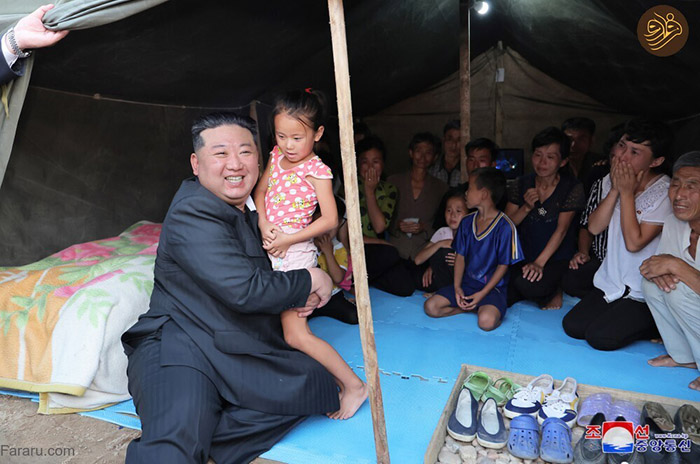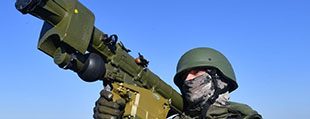North Korea’s refusal to accept international aid could exacerbate these problems, as the country’s resources are already stretched thin by economic sanctions and ongoing efforts to develop its military capabilities. While the regime has expressed confidence in its ability to recover from the floods, the reality on the ground may be far more dire, particularly for those who have been displaced and lost their livelihoods.
Political and Diplomatic Implications
The floods and the North Korean government’s response also have significant political and diplomatic implications. Kim Jong Un’s decision to reject offers of assistance from Russia, China, and South Korea reflects the regime’s desire to maintain its independence and avoid appearing weak or dependent on foreign aid. However, this stance could further isolate North Korea on the international stage and limit its ability to engage in meaningful dialogue with other countries.
At the same time, the floods have provided an opportunity for Kim Jong Un to strengthen his domestic position by portraying himself as a strong and caring leader. By visiting the affected areas and personally overseeing the recovery efforts, Kim has sought to reinforce his authority and consolidate support within the country.

